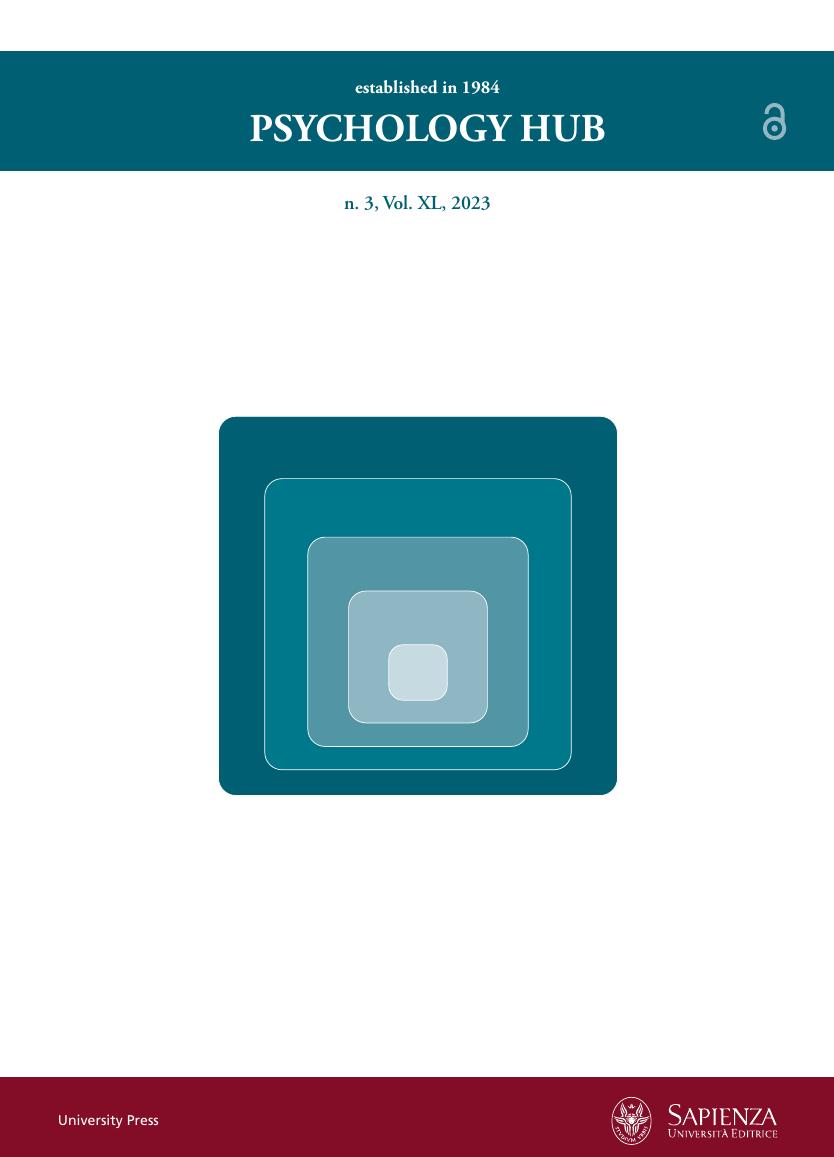Risk perception in the elderly during the first phase of epidemiological emergence from Covid-19
DOI:
https://doi.org/10.13133/2724-2943/18060Keywords:
COVID-19, elderly, risk perception, emotion regulation, quality of life, stress, agingAbstract
Several studies have examined the impact of COVID-19 emergence on people’s mental health, investigating the relationship between risk perception and psychological well-being, (especially for people in quarantine) and between risk perception and the adoption of healthy behaviors. Few studies have focused explicitly on the elderly, a population identified as particularly vulnerable to SARS-CoV-2 infection and its consequences. The objective of the present research was to study the relationship between the elderly experience of the pandemic and the perceived risk of infection with three variables: emotional regulation, perceived acute stress, and quality of life. The results showed that Direct experience of the pandemic was related to lower stress levels and higher emotional regulation. While Indirect experience and the perceived risk of COVID-19 contagion were related to a higher level of acute stress, poorer emotional regulation, and a significant reduction in quality of life. The pandemic situation and, in particular, the fear of contagion seems to have left an important mark on older people, who manifest high levels of Risk as Feeling together with high levels of acute stress. Therefore, high risk perception may be an important peritraumatic factor.
Additional Files
Published
How to Cite
Issue
Section
License
Copyright (c) 2023 Psychology Hub

This work is licensed under a Creative Commons Attribution-NonCommercial-ShareAlike 4.0 International License.





